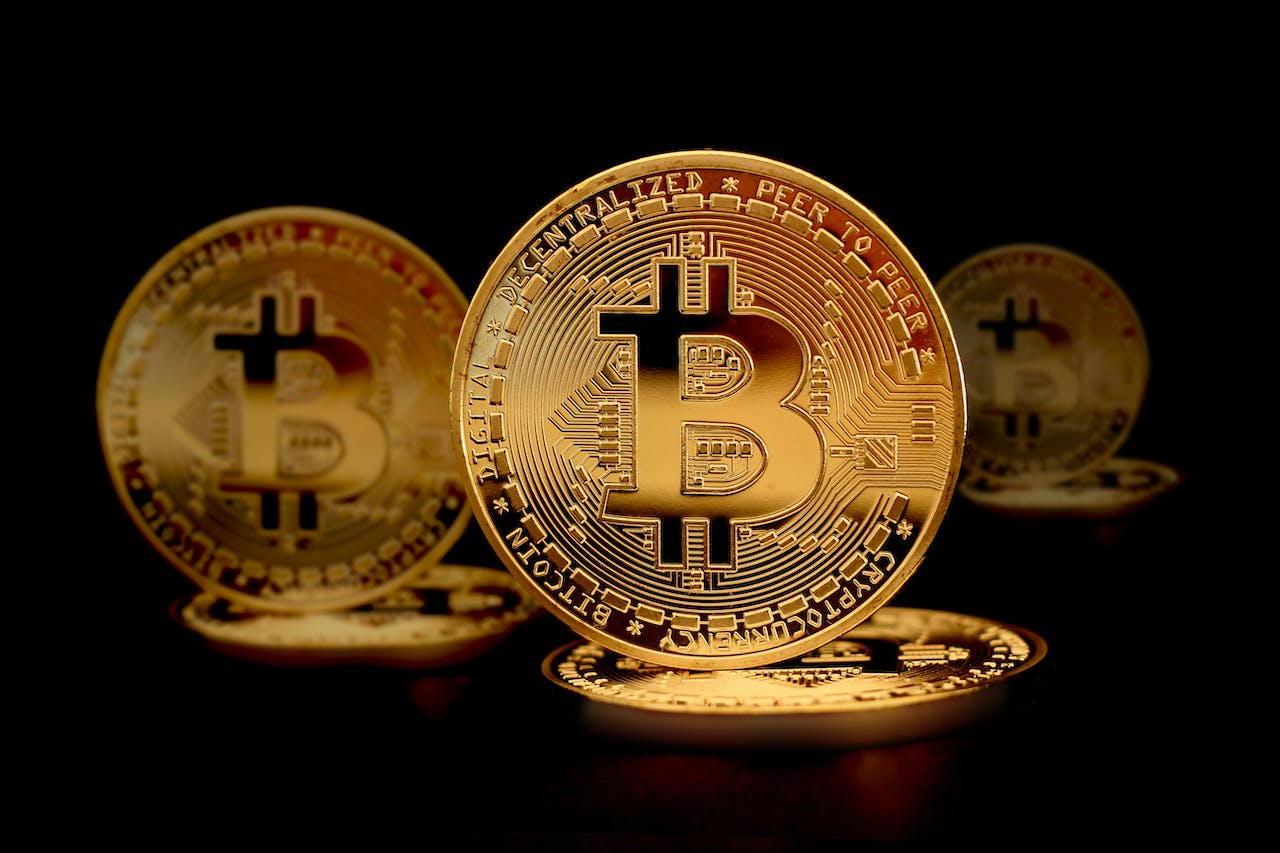Investing in Bitcoin is made out to be complex even though the process is pretty seamless. Contrary to popular belief, as an investor, you do not have to learn how to code to turn a profit. That said, there are certain things you need to know before you proceed. Since there is no physical cash involved, investing in Bitcoin or even Ethereum presents a unique set of variables. Which is to say, if you’re a fan of the stock market, you should consider transitioning to cryptocurrency.
This beginner’s guide helps you understand how blockchain technology works in 2020 and how people are leveraging it to make thousands of dollars. Similar to the stock market, your main goal should be to buy bitcoin in Montreal at a lower price and then sell it at a margin. Naturally, your investment will be prone to risk, and when it comes to trading cryptocurrency, speculation is what determines that uncertainty. However, as long as you know how to use a device connected to the internet, you’re good to go.
What is Bitcoin?
Bitcoin is essentially one of the thousands of other cryptocurrencies out there. This can be explained through the example of different companies in the stock market. In the latter, the most successful company’s stocks are the ones investors rush to buy, and this adds to their popularity. Unquestionably, Bitcoin has gained traction as a result of its value skyrocketing in 2018. The currency is susceptible to price fluctuations; simply put, if demand increases more than supply, further spikes can be expected. Thus, Bitcoin is heavily reliant on the cumulative faith of all investors in the market.
How to get started
To get started, you need a digital wallet to keep your bitcoin. Think of it as an account reserved for storing cryptocurrency. This step is crucial, and without it, the investment cannot go through. These wallets are typically software applications you can easily download on your phone. With growing popularity, there is a slew of apps available today, which is why you need to choose the right one. While most of the renowned companies are secure enough, hacking is a prevalent issue throughout the industry. Needless to say, many large investors are justifiably picky about third-party software, as some of the latter have succumbed to security issues in the past.
The best wallet in 2020 is undeniably Coinbase – it is a great option for beginners as the GUI is user-friendly and adaptive. Then, there’s also the company’s dedication to extensive security measures that prevent cyber-criminals from stealing money.
Once you’ve gotten this out of the way, you’re going to want to connect a bank account or card to the wallet. Selling and purchasing Bitcoin is like turning traditional currency such as USD into Bitcoin, and there are transaction fees involved. But when trading’s treating you to higher ends of the spectrum, the fee seems meager.
The last step is to go on a digital currency exchange platform and get to work. These are virtual marketplaces where you can trade mainstream currency for crypto. Some are safer than others and Coinbase tops the list for this category as well. In addition to providing a secure system, Coinbase also offers a buffer amount for traders in case of any losses due to hacking. If for some reason, you’re not comfortable with this option, there are many other trustworthy names to choose from.
Cryptocurrency: the superior financial medium
For you to invest your hard-earned money in something, it should be worth it. Fortunately, blockchain technology offers a variety of benefits. Not only does it have increased transaction feasibility, but there’s barely any scramble involved. Traditionally, you would expect to visit financial institutes, book consultations, and hire an agent for their service. All of these combined can quickly pile up to unnecessary costs. Trading with Bitcoin – or any other cryptocurrency for that matter – eliminates the hassle. The structure is wholly peer-to-peer, which paves the way for improved clarity.
Another appealing factor about Bitcoin is how it is immune to several risks that have been known to topple traditional financial markets. For starters, crypto is largely globalized and remains unaffected by exchange or interest rate risk. Although not internationally recognized by every nation, Bitcoin is gradually penetrating local borders on account of its undeniable appeal.

